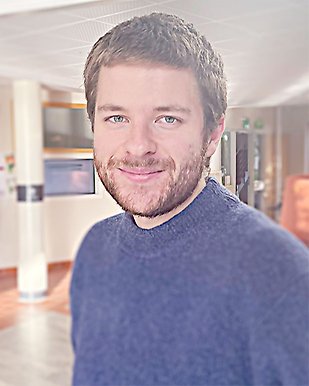BUP Student Conference 2024
The Baltic University Programme’s Coordinating Secretariat at Uppsala University and Poznan University of Technology are pleased to announce the BUP’s annual Student Conference for 2024. This year’s conference is entitled 'Changed circumstances and new threats for sustainability in the Baltic Sea Region'.
The conference is free of charge and open to bachelor and master students studying at BUP participating universities. In total, 90 students will be selected to take part at the conference.
This conference is organised within the RESCUU (Resilience of Education: Sustainability and Cooperation for Ukrainian Universities) project which is focused on contributing to the resilience of Ukraine’s educational institutions during wartime and supporting Ukrainian teachers, students and researchers. This conference has a focus on students and is open to students across the Baltic Sea Region.
A number of partners have contributed actively to this project and especially this conference. They include The National Technical University of Ukraine Igor Sikorsky Kyiv Polytechnic Institute, The National University Kyiv-Mohyla Academy, Poznan University of Technology and Uppsala University. The conference is also organised in cooperation with the BUP’s National Centre in Poland based at Lodz University of Technology.
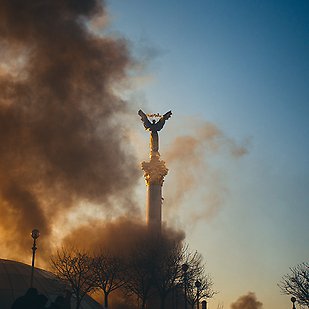
Photo: Коршок Вадим
Topic and program
15 April – arrival to Poznan, check-in, icebreaker activities, introductory lectures and social activities
16 April – lectures, workshops, cultural party
17 April – lectures, debates, student parliament, closing dinner
18 April – departure
Learning objectives
- Develop students’ expertise in interdisciplinary and intercultural communication.
- Introduce and expand students’ skills in different academic activities; workshopping, debating, finding compromise, moderating, presenting.
- Present some of the effects of the war in Ukraine within various fields/sectors.
- Problematise the effects of the war in Ukraine within a wider European context for students to understand relevance and implications within sustainability science and their own country.
- Encourage students to become problem-solving thinkers, with a view to the future and continuing a sustainable future/rebuilding.
Quick information
- Date: 15-18 April 2024
- Place: Poznan, Poland
- Open for bachelor and master students at BUP participating universities
- Maximum number of participating students is 90
- Free of charge
Students' Parliament 2024
Each year, students taking part in the BUP Student Conference have the chance to make their voices heard and select their new BUP Student Representative to BUP's International Board. The Students’ Parliament is a fantastic way to engage further and the BUP hopes to see a number of involved candidates this year.
Students accepted to the conference, will automatically become members of the Students' Parliament. Allowing them to vote, suggest proposal and run as a candidate as the BUP Student Representative to the BUP's International Board. The Students' Parliament is held on 17 April in the afternoon.
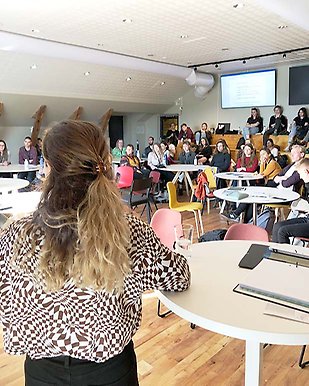
Former BUP Student Representative Ellen Chkhitadze led the Students’ Parliament during the student conference 2022. Photo: Johanna Liisa Järveläinen / Liis Seenemaa
The Baltic Debate
The Baltic Debate is an Oxford-style debate, adjusted for the BUP Student Conference’s format. The participants are divided into two teams that argue to convince a student jury and a student judge to decide on their cause. The debate takes place over three sessions, starting with (1) the argumentation phase, (2) counter-argumentation and (3) the conclusion phase. During this, each team is given a limited time to present their arguments, counter-arguments and conclusion. After the three phases have passed, the jury and the judge leave the room to decide on which side should be the winner of the debate and announce this to the two teams.
The Baltic Debate is a good opportunity to practice argumentation skills and learn how to objectively view opinions. The topic of this year’s Baltic Debate is: Does Nuclear Power have a future in the Baltic Sea Region?
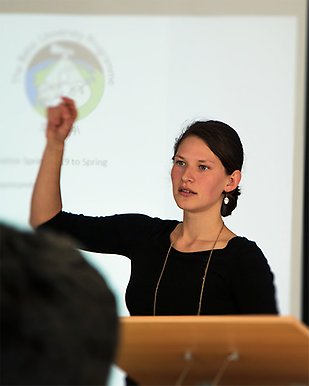
Former BUP Student Representative Mirjam Weituschat in a past debate. Photo: Jozef Počil
Key cases and speakers
Olena Han
"UMBRELLA" - Innovative technology of energy infrastructure protection from blasting waves, National Technical University of Ukraine “Igor Sikorsky Kyiv Polytechnic Institute”.
Olena is an expert in and teaches students the following disciplines: "Urban Ecology," "Environmental Safety in Mining," "Special Construction Methods," "Reconstruction of Underground Structures," and "Computer Modelling of Underground Structures." The field of her scientific interests are geoengineering and underground urban planning, urban ecology, automated design system and modelling of the stress-strain state of the massif.
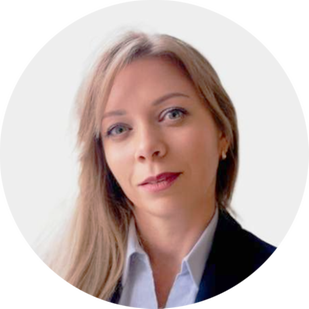
Mikael Höök
‘Baltic Sea Region current energy dependencies, phasing out fossil fuels’, Uppsala University.
Mikael is a senior lecturer and heads the Global Energy Systems Research group. Mikaels research deals with availability and production of fossil fuels with focus on oil and coal, but also supply of other natural resouces such as lithium and other raw materials for clean/green energy technologies. In addition, he study energy systems developments, sustainability and energy security.
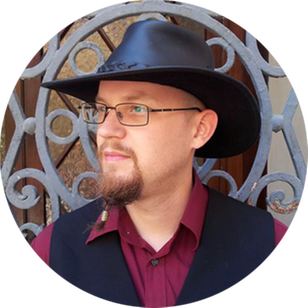
Ielyzaveta Kulich
The war in Ukraine as the threat for radiation and nuclear safety and security, National Technical University of Ukraine “Igor Sikorsky Kyiv Polytechnic Institute”.
Ielyzaveta is a lecturer in physics for students and in radiation protection for professionals. She performs research in nuclear and radiation safety, nuclear safeguards. Her theoretical investigation implemented into nuclear calculations for radiation protection under the regulatory control. She has practical experience in radiation protection of the personnel working with different types of radiation sources. Ielyzaveta is competent for measurement and assessment of radiation doses.
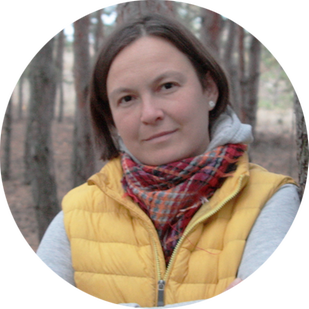
Viktor Karamushka
'Unique features of the environmental impact of Kakhovka dam blown up’, National Academy of Kyiv Mohyla Academy.
Viktor is an Associate Professor at National University of Kyiv-Mohyla Academy, Kyiv. Viktor has over 40 years of professional experience in various academic fields including environmental policy and management and climate change. He is author and co-author of more than 200 scientific and educational publications in the field of biocolloidal chemistry, environmental microbiology, environmental policy and management and ecosystems evolution, amongst others. Since June 2022, he is leading the research team focused on the assessment of the environmental impact of war in Ukraine. Viktors research profile on ORCiD.
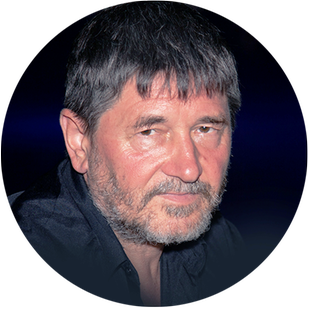
Brian Tomaszewski
‘Global, National, and European perspectives in regard to Ukrainian migration’, Poznan University of Technology and US Fulbright Scholar Poland.
Brian is a Professor at the Rochester Institute of Technology and the Director of the Center for Geographic Information Science and Technology. He is currently in Poland as a recipient of a US Fulbright Scholar. His research focuses on the intersections of geographic information science and technology, disaster management, and forced displacement. Whilst in Poland, Brian is placing a particular focus on the Russian invasion of Ukraine, specifically spatial data science research related to the forced migration of Ukrainian refugees in and out of Poland and accompanying teaching relating to this. Brians research on Google Scholar.
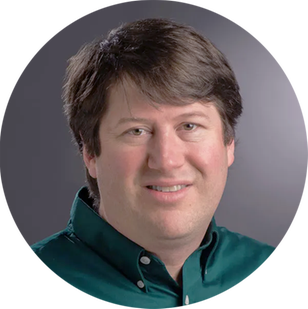
Wojciech Bonenburg
‘We design for Ukraine. Ecological architecture and sustainable development’, Poznan University of Technology.
Wojciech is a professor at the Faculty of Architecture of the Poznan University of Technology, Poland. He is the promoter of 26 doctoral dissertations and 150 diploma theses. He is the author or co-author of over 100 scientific publications, including nine books. His research interests are related to sustainable design, architectural revitalization, and requirements engineering in architecture. He has been invited for seminars and a series of lectures by universities in Germany, Netherlands, Italy, Ukraine, and China. He is the author of more than 200 architectural projects, many of them awarded. Bonenberg is a member of the Architecture and Urban Planning Committee of the Polish Academy of Sciences and of the Council of Scientific Excellence in Poland.
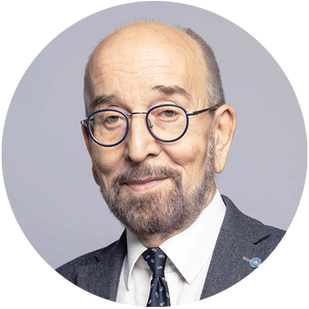
Magdalena Lachowicz
‘Threats from Russia and the social potential of activities for peace in the Baltic Sea region’, Adam Mickiewicz University, Poznań
Magdalena is a researcher on the sociology of nation, ethnic relations and regional movements in Eurasia, Ukraine and Russia in the 20th and 21st centuries, affiliated with the Adam Mickiewicz University in Poznan, assistant professor at the Department of Eastern Studies, Faculty of History. She has conducted research on the contemporary national politics of the Central and Eastern European countries, with particular emphasis on Poland, Ukraine and Slovakia, and especially on the functioning of the Carpathian Ruthenian group in the context of regional politics and global social processes. MAgdalena is an activist, member of the British Association for Slavonic and East European Studies (BASEES), the Association for the Study of Nationalities (ASN), the Wikimedia Poland, the FemGlobal, and Women in International Politics.
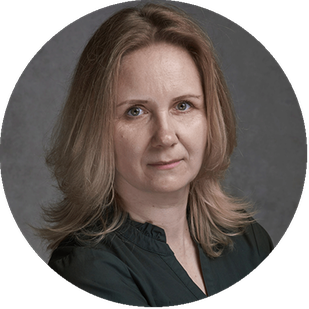
Practical information
Cost and location
The conference will take place at Poznan University of Technology in Poznan, Poland.
The conference does not have any participant fees.
Each student has to fund their travels to and from Poznan by themselves. The BUP would encourage students to look for potential grant opportunities at their university.
For Ukrainian students, bus transport will be organised both to and from Poznan which will be provided by the organisers. More details regarding pick-up points and timings will come in due course.
Accommodation and food
Accepted students will be accommodated in Poznan in shared hotel rooms for the duration of the conference with check in on 15 April and check out on 18 April. All meals will be provided during the conference period.
For students who reside in Poznan already, you will be expected to stay in your accommodation, but are very welcome to lunches and dinners.
Selection of students
After the application deadline on 25 February 2024, The Baltic University Programme’s Coordinating Secretariat and the BUP National Centres will be selecting the students based upon their motivation, field of study and background. Selected students will be offered a place, while additional students will be put on a waiting list. At the latest by 3 March 2024 all students will have been contacted.
Contacts and more information
If you have any questions or want more information about the conference, you are most welcome to contact the conference organising team.
Pontus Ambros
Project administrator
The Baltic University Programme's Coordinating Secretariat at Uppsala University
Phone: +46 18 471 1786
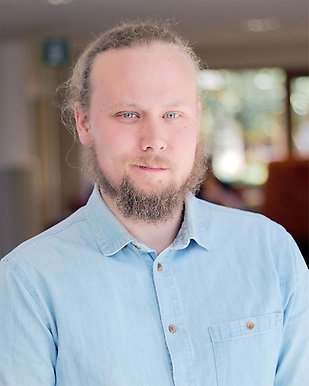
Evan Goss
Project adminstrator
The Baltic University Programme's Coordinating Secretariat at Uppsala University
Phone: +46 18 471 4932
